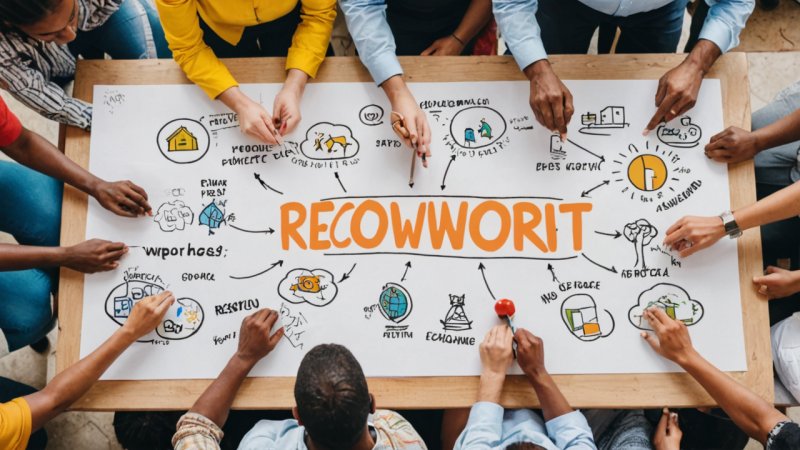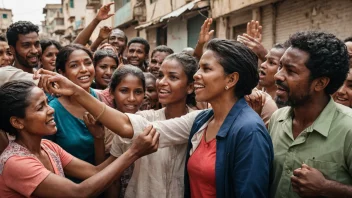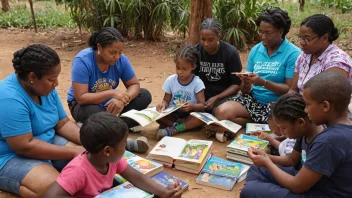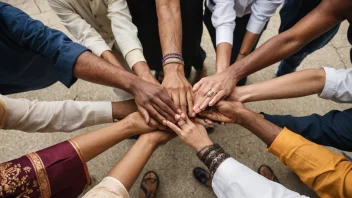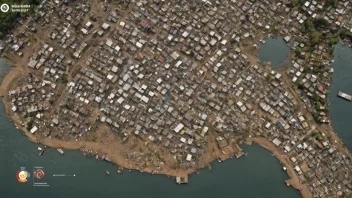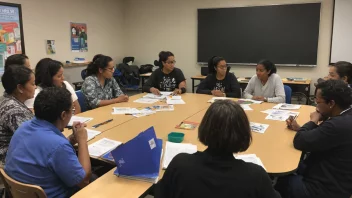Disasters can leave communities devastated, but the resilience of the human spirit combined with the efforts of non-governmental organizations (NGOs) can foster recovery and hope. While immediate response efforts are vital, it is the long-term initiatives undertaken by NGOs that facilitate sustainable recovery and empower communities to rebuild their lives.
NGOs often act as the bridge between immediate relief and long-term recovery. After a disaster strikes, the focus is usually on addressing urgent needs such as food, shelter, and medical care. However, once the immediate crisis subsides, the real work begins. NGOs assess the needs of the community, gathering data and feedback from local residents to understand their priorities and concerns. This participatory approach is essential, as it empowers communities to take an active role in their recovery.
One of the key areas NGOs focus on is infrastructure rebuilding. Many communities experience significant damage to their homes, schools, and public facilities in the aftermath of a disaster. NGOs often lead efforts to reconstruct these vital structures, working alongside local builders and residents to ensure that the new infrastructure is resilient and meets the community's needs. This collaborative approach not only provides necessary resources but also fosters a sense of ownership and pride among community members.
In addition to physical rebuilding, NGOs are deeply committed to restoring educational opportunities. Disasters often disrupt schooling, leaving children without access to education for extended periods. NGOs frequently establish temporary learning spaces and provide educational materials to ensure that children can continue their studies. Moreover, they work to rebuild schools and implement programs that cater to the unique challenges faced by students in disaster-affected areas, such as trauma recovery and psychosocial support.
Health care is another essential component of long-term recovery. The psychological and physical toll of disasters can be immense, and NGOs often set up health services to address these needs. This includes providing access to medical care, mental health support, and health education. By addressing both the physical and emotional aspects of recovery, NGOs help individuals regain their health and well-being, allowing them to contribute positively to their communities.
Economic recovery is equally critical. Following a disaster, many communities face significant economic challenges, including job loss and decreased income. NGOs implement various programs aimed at revitalizing local economies, such as providing skills training, microloans, and support for entrepreneurship. By focusing on sustainable livelihoods, NGOs empower individuals to regain their economic independence and invest in their community's future.
In conclusion, NGOs play a vital role in long-term disaster recovery by empowering communities and addressing their multifaceted needs. Through community engagement, infrastructure rebuilding, educational support, health care access, and economic revitalization, NGOs help communities not only recover but thrive. For those looking to make a difference, consider volunteering your time or skills with an NGO working on recovery efforts. Your involvement can help create a lasting impact on the lives of those affected by disaster.
Empowering Communities Through NGO Recovery Efforts
Explore how non-governmental organizations (NGOs) empower communities in the aftermath of disasters through their recovery efforts.
